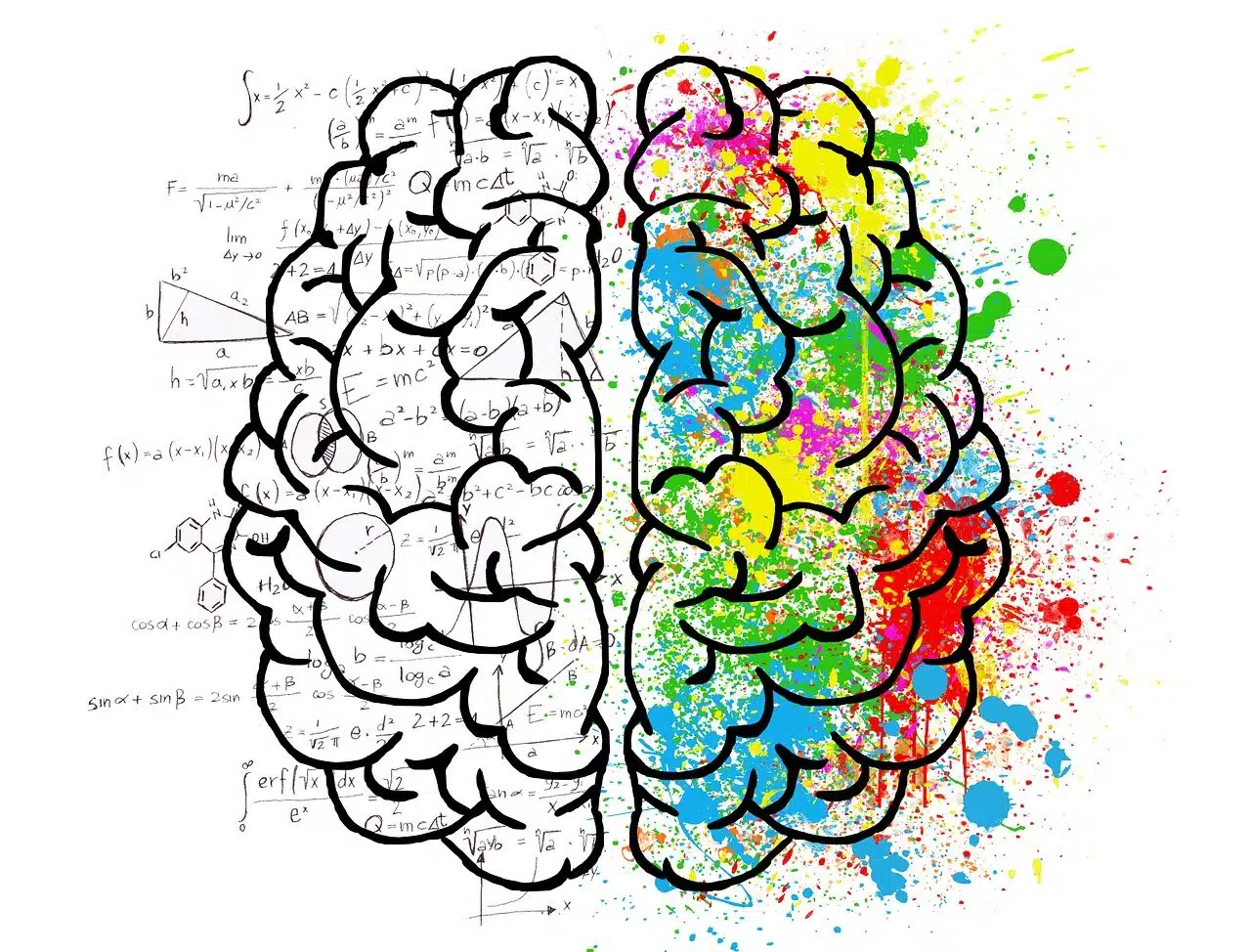
Personality change, within certain limits or parameters, is common over time.
Personality is a concept that has several meanings. However, the most frequent and common use of this word is to define the series of characteristics and qualities that a person possesses and that allows them to differentiate themselves from other individuals .
Before moving forward with the meaning, it is interesting that we first establish the etymological origin of the term. This specifically is found in Latin and more precisely in the term personālis .
Among the different sentences that can serve to explain what has been established, the following should be highlighted: "Bad character is one of the main hallmarks that define Manuel's personality."
Personality according to psychology
Personality is a psychological character structure that refers to the set of distinctive traits of an individual . The American expert Gordon Allport has defined the notion of personality as that dynamic alignment of psychophysical systems that allows establishing a specific way of acting and thinking . This organization, Allport maintains, varies from one individual to another since it depends on the kind of adaptation to the environment that each person establishes.
The dynamic aspect of personality serves to appreciate that all human beings constantly experience exchanges with the environment that surrounds them, a process that is only interrupted by death . Regarding the ways of thinking and acting, they show that personality is composed of an internal aspect (thought) and another aspect of an external nature (symbolized in behavior).
Different views
In any case, specialists have established different types of definitions for the concept of personality over the years. Thus we find additive type presentations, which are built based on the sum of a set of characteristic features; the integrative perspective, which highlights the ordered style of that addition; the hierarchical definition, which admits the integration of the elements contemplated in personality but stipulates the preponderance of certain traits over others; and the views of adjustment to the environment , which also start from an integration of elements, although they consider that the organization is carried out according to the environment where each person moves.
It is also necessary to know that studies developed based on personality cover two important issues: intrapersonal performance (of an intrapsychic type, which is not possible to observe directly) and individual differences (made up of the traits that make a being human being different from another).
The English psychologist of German origin Hans Eysenck , meanwhile, was the one who proposed a model of personality that is segmented into three dimensions: psychoticism , extraversion and neuroticism . By its initials, this type of study is known as the PEN model .

Personality and genetics maintain a link that continues to be studied by science.
Personality over time
It is important to indicate that, given its dynamic characteristics, personality development never stops. Maintaining individuality , society always influences behavior, with which motivation, emotions, feelings and even thoughts change over time and according to multiple circumstances.
It is likely that a person will not have the same temperament at 18 and at 70 years old. Personality dynamics can also lead you to have a different will regarding different issues according to the stage of your life.
Broadly speaking, what remains unchanged in the personality is the authenticity of the individual who acts by virtue of what his interior dictates, even accepting external influence and social conditioning.

Someone who has a histrionic personality expresses himself with intense or even excessive emotionality.
Classification according to type
Through a personality test, personality classifications can be made. These categories are linked to the characteristics that people show.
Those who have an aggressive personality , for example, show a tendency to attack and confront. The dominant personality is also linked to an offensive and overwhelming attitude, unlike what happens with a cautious personality or a conformist personality .
While those who have an antisocial personality or an introverted personality seek to isolate themselves and minimize social interactions, individuals with an extroverted personality act in the opposite way. As you can see, personalities can be very diverse.
Personality in law
To all of the above, and before finishing the description of the meaning of this term that we are addressing, we must add that it is also used in areas other than those explained, such as in the legal field .
Thus, in law the idea of personality is used both to refer to legal representation and to refer to the necessary aptitude to appear in court .
